
Every time the BBC brings in a new actor to portray the Doctor, their inaugural Doctor Who season (and any holiday specials that precede it) carry weight behin

Every time the BBC brings in a new actor to portray the Doctor, their inaugural Doctor Who season (and any holiday specials that precede it) carry weight behin
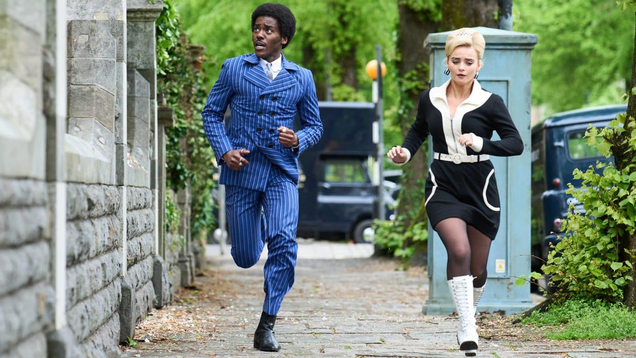
Despite lofty expectations, the all-new, budget-enhanced Doctor Who has been—to be kind—a bit of a ratings bust.
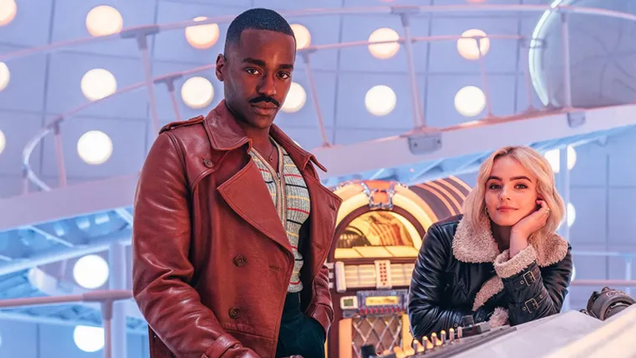
The latest season of Doctor Who is barreling toward its end, and barreling toward things is something the 15th Doctor and Ruby have been doing an awful lot of
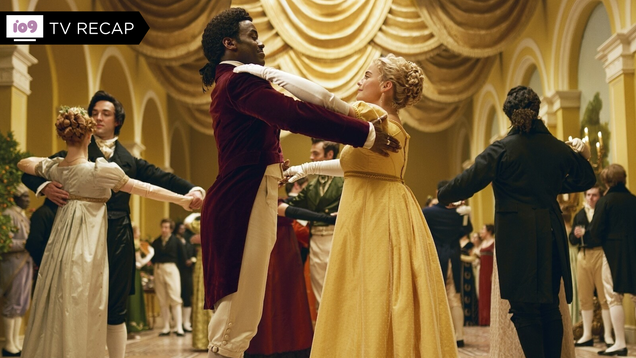
The Doctor’s romantic history has long been a fraught topic for the show to dive into—but in its modern incarnation, the Doctor’s identity as a sexual character, and how that interplays with their gender fluidity, has slowly but surely broken down barriers to allow interpretations of the Time Lord that broach all…
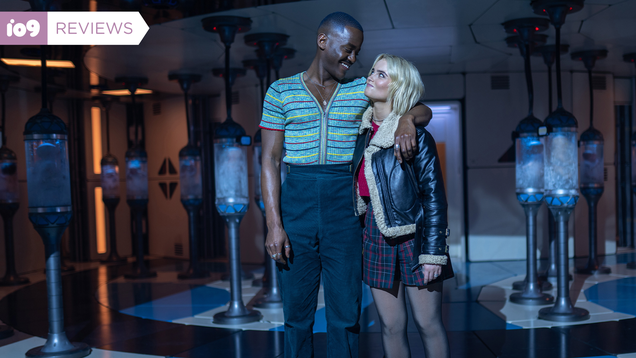
When one Doctor biologically passes the torch to another, they do so in fire: a cascading, revitalizing burst of energy that blinds, dazzles, destroys, changes, and births in equal measure.
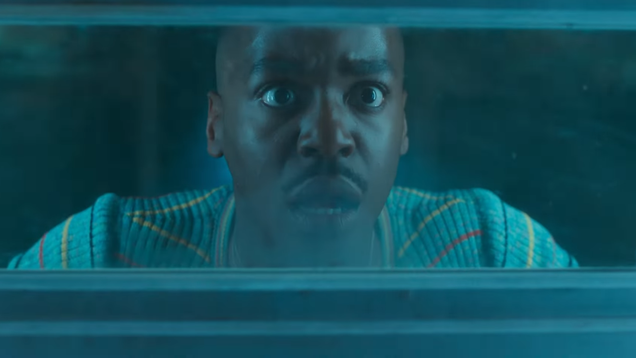
The next season of Doctor Who is coming—and it’s coming at the exact same time across the world, in a move that marks a major shakeup for when and where fans in the show’s home country will be watching the latest adventures in time and space.
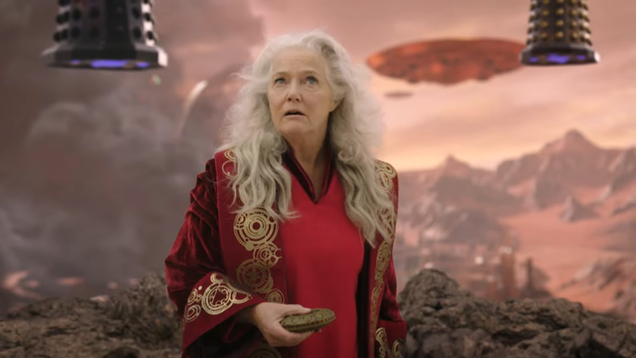
The announcement trailers for new entries in Doctor Who’s classic-era remasters just keep getting more and more involved.

When you’ve been around for 60 long years like Doctor Who has, growth and evolution is the name of the game. Not just in new places each week, new heroes and friends and villains along the way, but the show has adapted and built its own riff on genre after genre of storytelling thanks to its remit.
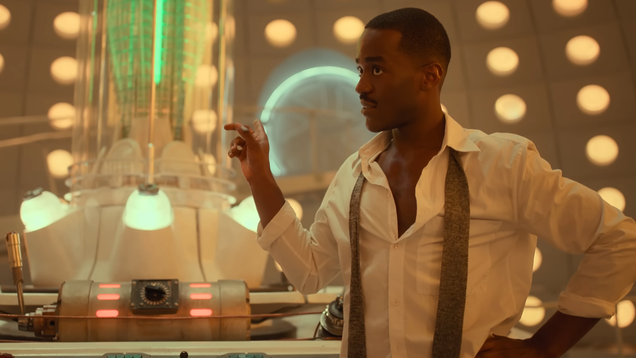
In contemporary fandom, canon is king. This is not a jab against an admiration of an ordered continuity and worldbuilding, the necessary aspects of creating a story to be lost in.
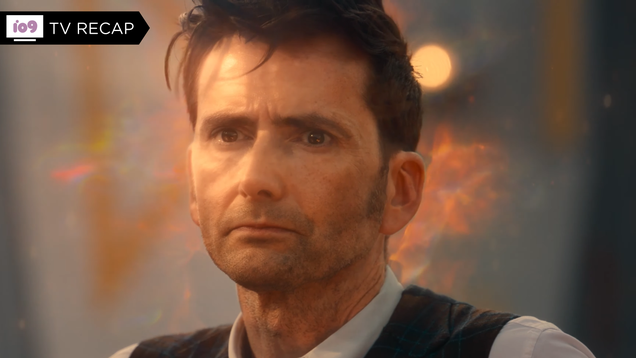
For a show that is often so optimistically forward thinking—and where change is baked into its hearts—Doctor Who often has a bittersweet view of its own past.